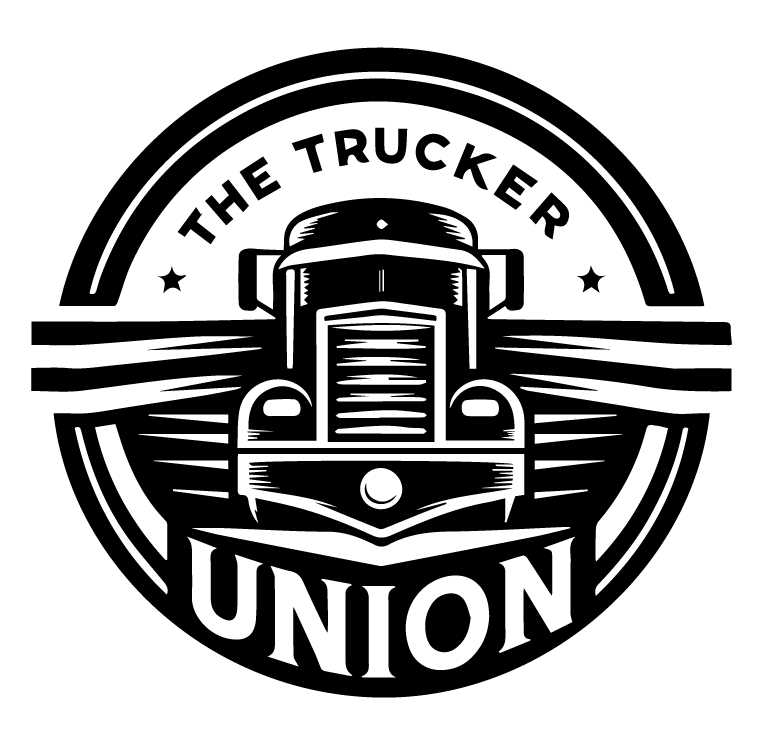In an industry that’s as vast and vital as trucking, the role of brokers is crucial. They act as the middlemen, connecting trucking companies with clients needing to ship goods. However, this space has not been without its challenges, particularly concerning fraud. Recognizing the need for stricter oversight, the Federal Motor Carrier Safety Administration (FMCSA) has recently taken significant steps to tighten regulations around trucking brokers. Here’s what you need to know, broken down into simpler terms.
The Problem at Hand:
For years, the trucking industry has grappled with issues of fraud and malpractice among brokers. These problems range from brokers not fulfilling their obligations to carriers and shippers, to more severe cases where fraudulent brokers scam companies out of money. Such actions not only harm the immediate parties involved but also tarnish the industry’s reputation.
FMCSA’s Response:
In a move to combat these issues, the FMCSA has introduced new regulations aimed at tightening the noose on fraudulent brokers. While the specifics of these regulations are detailed and technical, their essence is to ensure more transparency and accountability in the brokerage sector of trucking.

Key Changes:
Increased Oversight: The new regulations likely include measures for closer monitoring of brokers’ activities. This could mean more regular audits and reporting requirements, ensuring that brokers are conducting their business fairly and transparently.
Stricter Requirements: To operate legally, brokers might now face more stringent requirements. This could include higher financial guarantees and more detailed documentation of their operations, making it harder for fraudulent activities to go unnoticed.
Enhanced Protection for Carriers and Shippers: Ultimately, these regulations aim to protect those most affected by brokerage fraud. This might involve mechanisms for easier reporting of suspicious activities and possibly quicker resolution processes for disputes.
What This Means for You:
If you’re in the trucking industry, whether as a carrier, shipper, or broker, these changes are significant. For carriers and shippers, it’s a step toward a more secure and reliable industry. For brokers, it means adapting to these new rules to ensure compliance and maintain trust with your partners.
Conclusion:
The FMCSA’s tightening of regulations is a welcome development for an industry looking to rid itself of fraudulent practices. By fostering an environment of transparency and accountability, the trucking sector can look forward to smoother operations and stronger relationships among all parties involved.
While the specifics of these regulations are complex, their goal is simple: to make the trucking industry a safer, more reliable space for everyone. As these changes roll out, staying informed and prepared will be key to navigating this new landscape successfully.












